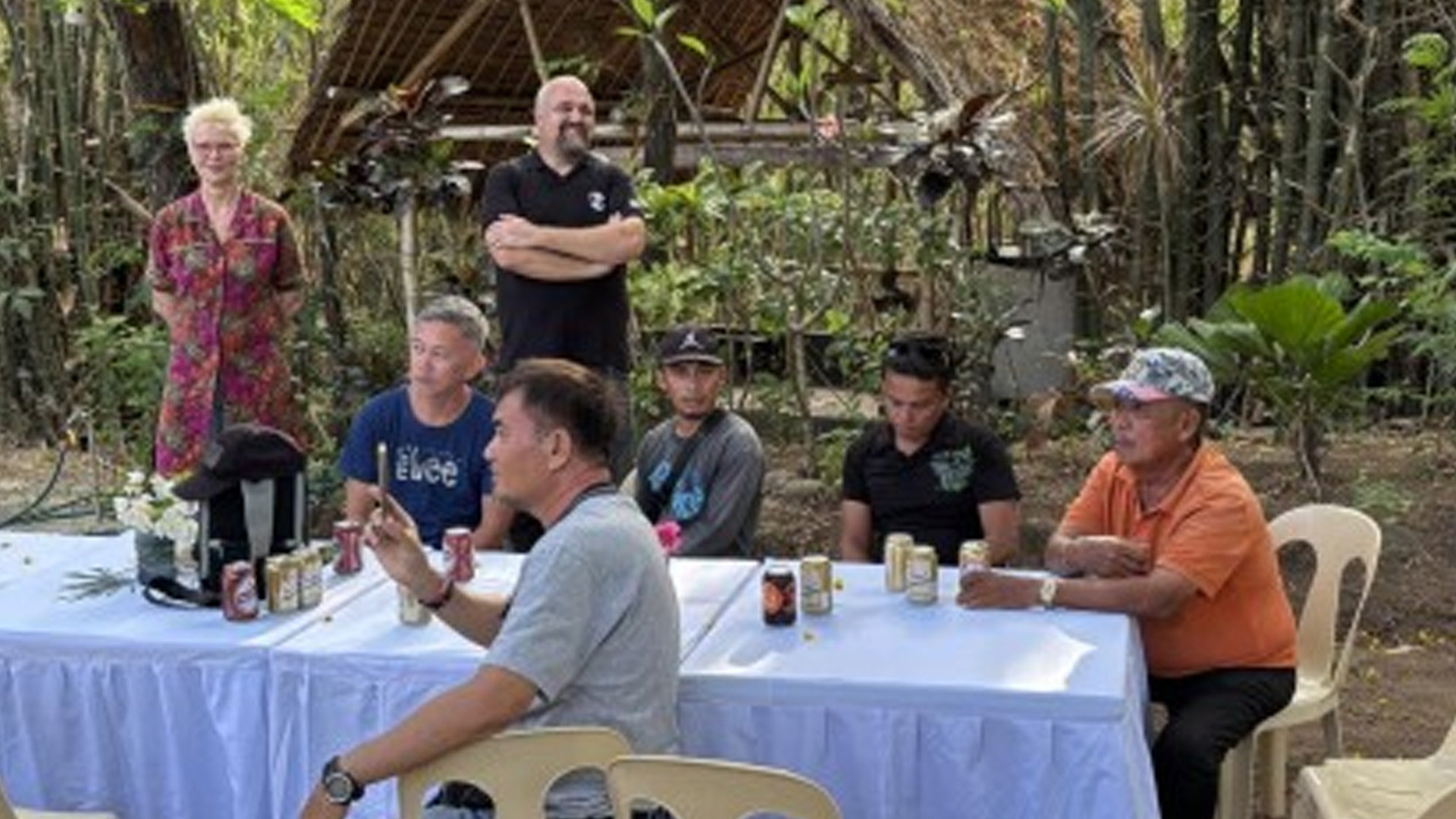Marine Conservation Philippines (MCP), a non-government organization (NGO) based in Negros Oriental, has collected some 13 million pieces of plastic in the province’s beaches over a 10-year period.
MCP founder and president Søren Lund Knudsen told the Philippine News Agency in an interview on Monday that it has been a big challenge for them to deal with the problem of irresponsible use of plastics.
“One of the most significant challenges to health and prosperity of the Philippines fisheries is the issues of ocean plastics. Plastic, when exposed to sunlight and other elements, breaks down into smaller fragments and is ingested by fish,” Knudsen said.
“This affects the food chain, and basically we are eating our own garbage.”
Knudsen said the implications on human health brought about by plastics is “not fully understood yet” and is something that people should be deeply concerned about.
“We have to actively reduce the amount of plastic entering the environment, and this is where our lawmakers can further come into,” he said, adding that addressing the problem should be a top-down approach that involves government, local officials, and “everyone else.”
“Unfortunately, despite existing laws, people still insist on using harmful plastics,” Knudsen said.
MCP, based in Zamboanguita, Negros Oriental, has been working with volunteers, local communities, and stakeholders in preserving and protecting coastal resources in the country.
The group carries out regular coastal cleanups along the beaches of Zamboanguita, Siaton, and Sta. Catalina towns, and a few other areas in the province where it undertakes research, education, and collaboration with its partners.
The MCP collects all types of ocean plastic down to the smallest micro-sachet or cigarette butt.
MCP marked its 10th anniversary on Saturday with emphasis on volunteers from different parts of the world, government agencies, local government officials, fisherfolk associations, and local communities that help the group achieve its goals.
Some of MCP’s accomplishments include establishing a program for marine management, helping marine protected areas, community education and empowerment, mangrove conservation, and several livelihood projects.
The NGO hopes to expand its coverage to Negros Occidental next year. (PNA)









